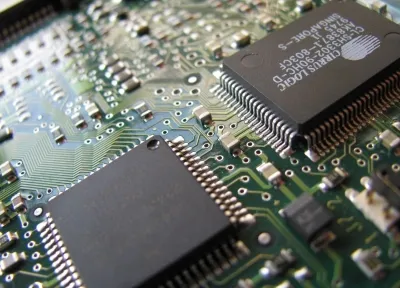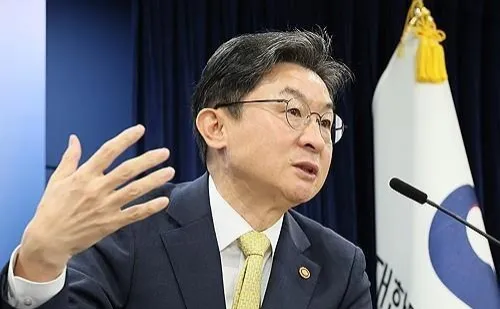Is Trump's chip tariff plan likely postponed?

Synopsis
Key Takeaways
- Potential delay in semiconductor tariffs could ease trade tensions with China.
- Aides to Trump are cautious to avoid further trade friction.
- Exact timing for the tariff announcement remains undetermined.
- Tariffs may significantly impact consumer prices and tech firms.
- Section 232 of the Trade Expansion Act is being utilized to justify the tariffs.
Washington, Nov 19 (NationPress) Insiders from President Donald Trump's administration have indicated that the implementation of semiconductor tariffs may be delayed, according to a report released on Thursday. Reuters cited several unnamed sources who stated that the administration recently relayed this information to both government and private industry stakeholders. The potential delay arises from concerns that additional tariffs could escalate tensions with China and increase worries regarding consumer prices, as reported by Yonhap news agency.
Sources revealed that Trump’s aides are proceeding cautiously with the tariffs to avoid triggering another wave of trade disputes with China. However, a White House official and a Commerce Department spokesperson have refuted claims that the administration has shifted its position on the semiconductor tariffs, as noted by the outlet.
On August 6, Trump announced plans to impose a tariff of nearly 100% on semiconductors, a situation closely monitored by South Korean tech giants Samsung Electronics and SK Hynix.
On August 15, Trump hinted at announcing chip tariffs “sometime next week, or the week after,” suggesting that the implementation of the duty was imminent, although the precise timing for the formal announcement remains undetermined.
Additionally, in a recently published joint fact sheet regarding trade and security agreements between Seoul and Washington, the U.S. pledged to provide semiconductor tariff rates that are “no less favourable” than those offered to a partner engaged in chip trade comparable to Korea's.
Trump has invoked Section 232 of the Trade Expansion Act of 1962 to impose this industry-specific tariff, a law granting the president the authority to adjust imports to the U.S. if they are deemed a threat to national security.









